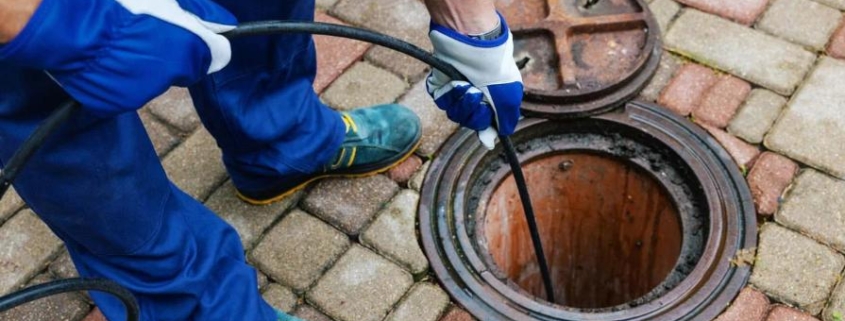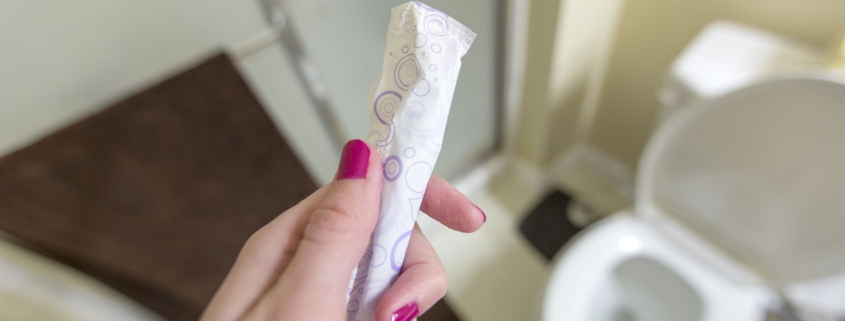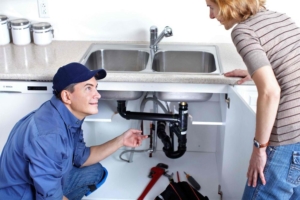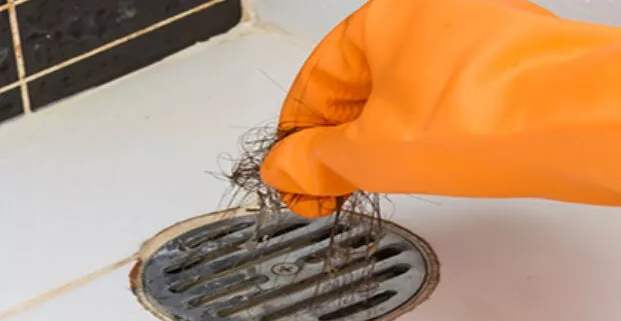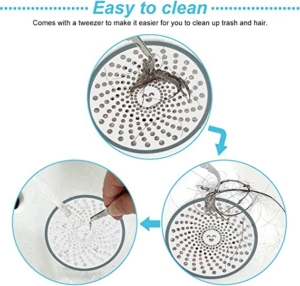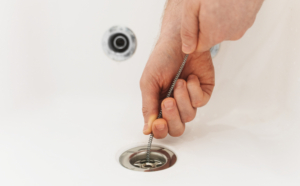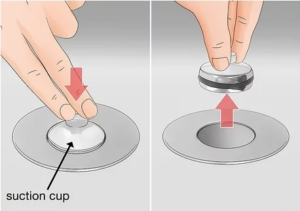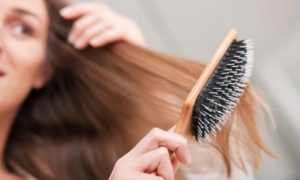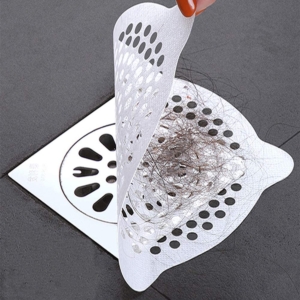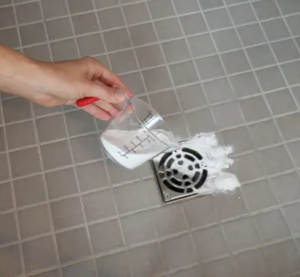Maintaining a functional plumbing system is crucial for any household or commercial space. One common issue that homeowners and business owners face is a clogged drain. While it may be tempting to attempt to resolve the problem on your own, hiring a professional plumber for drain cleaning offers a plethora of benefits that can save you time, money, and unnecessary hassle.
- Expertise and Experience
Professional plumbers possess the necessary expertise and experience to handle a wide range of plumbing issues, including drain clogs. They have encountered and successfully resolved numerous drain-related problems, making them well-versed in various drain types, materials, and potential complications. Their experience allows them to quickly identify the root cause of the clog and apply appropriate solutions efficiently.
- Specialized Tools and Equipment
Drain cleaning often requires specialized tools and equipment that may not be readily available to the average homeowner. Professional plumbers are equipped with the latest and most effective tools specifically designed for drain cleaning. These tools allow them to tackle even the most stubborn clogs without causing damage to the pipes.
LOOKING FOR DRAIN CLEANING & REPAIR SERVICES IN ILLINOIS?
CALL NOW (847) 624-3872
- Cost-Effective Solutions
Contrary to the belief that hiring a professional plumber is costly, it can actually be a cost-effective solution in the long run. DIY attempts to clear a clogged drain may lead to further damage or incomplete removal of the clog. This could result in repeated clogs, more extensive repairs, and higher expenses down the line. A professional plumber ensures the issue is fully resolved, reducing the likelihood of future problems.
- Health and Safety
Dealing with a clogged drain can expose you to harmful bacteria, foul odors, and potentially hazardous chemicals if not handled correctly. Professional plumbers are trained to handle these situations safely and efficiently, protecting your health and ensuring a hygienic environment.
- Preventing Further Damage
A clogged drain may be a symptom of a more significant plumbing issue. Professional plumbers can diagnose the underlying problems that may not be apparent to an untrained eye. Addressing these issues early can prevent further damage to your plumbing system, saving you from expensive repairs and replacements in the future.
- Timely Resolution
When you hire a professional plumber, you can expect a prompt response and timely resolution of your drain clog. Plumbers understand the urgency of plumbing issues and strive to provide efficient service to restore the normal functioning of your drainage system as quickly as possible.
- Professional Advice and Maintenance Tips
Beyond resolving the immediate issue, professional plumbers offer valuable advice on how to prevent future drain clogs and maintain a healthy plumbing system. They can recommend proper maintenance practices and suggest products to keep your drains in optimal condition.
Hiring a professional plumber for drain cleaning is a smart investment that can save you time, money, and stress in the long run. Their expertise, specialized tools, cost-effective solutions, commitment to health and safety, ability to prevent further damage, timely responses, and valuable advice make them the preferred choice when dealing with drain-related problems. So, the next time you face a clogged drain, consider reaching out to a professional plumber to ensure a thorough
LOOKING FOR DRAIN CLEANING & REPAIR SERVICES IN ILLINOIS?

